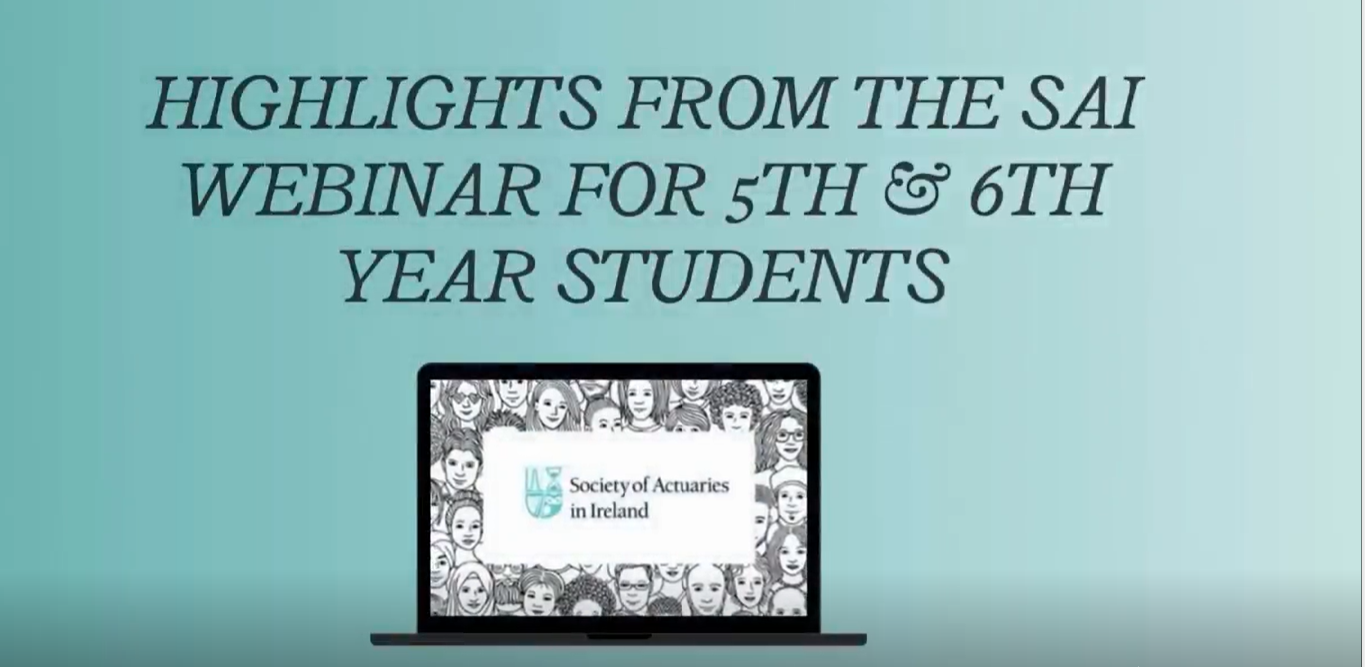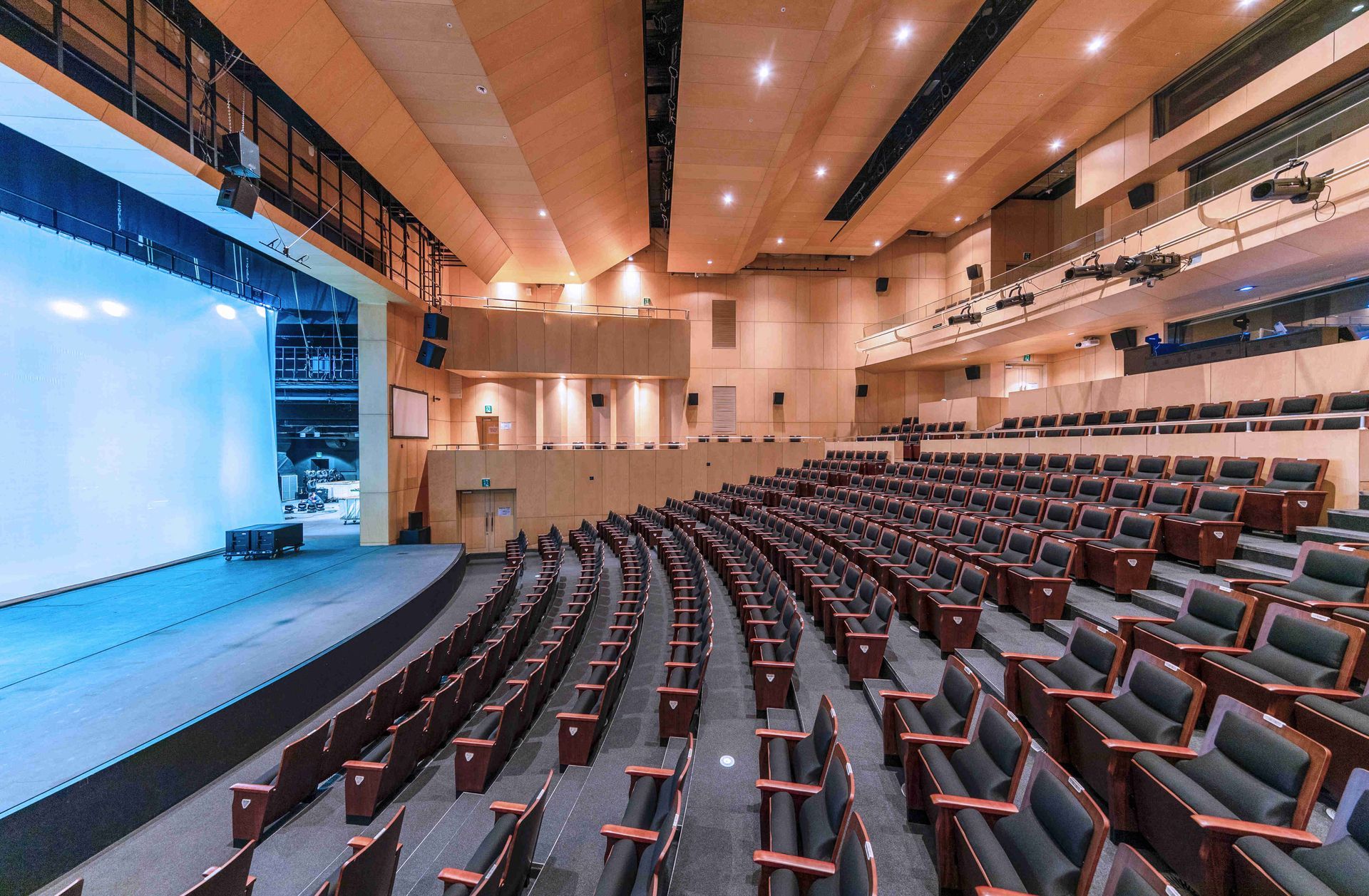Money Mindset & Investing
Last week, we (Carol Glynn FCA Conscious Finance Coaching and VectorVest, Inc) ran a finance retreat in #Dubai focusing on money mindset and investing.
Here are my observations on how people approach money differently in the #UAE, Carol’s great questions to challenge mindset and my own practical steps to think about when investing.
Of the people in our audience, unsurprisingly, nobody grew up in #Dubai. We hd a geographical mix from
🇺🇸 USA
🇱🇧 Lebanon
🇬🇧 UK
🇮🇪 Ireland
🇮🇳 India
🇪🇸 Spain
I was asked “which currency should I invest in?” I invited the audience to think about the currency in which they were earning their money, wanted to have assets in, where their employer was based and where they wanted to live in the future.
While indeed there aren’t income taxes in #Dubai and corporation tax for the moment, there can be very considerable setup costs with licenses etc (as I learned on a trade mission with London Chamber of Commerce and Industry and Enterprise Europe Network - London).
Of course, if there isn’t a substantial tax base, there is likely to be very significant costs around health and education. Also, their discussion around “financial stability” takes on an entirely different meaning when there isn’t social welfare or state funded pensions.
Carol Glynn FCA asked sone great questions:
❓where have your developed your money mindset?
❓who and what has influenced that?
❓Are those perspectives still relevant?
❓What is a better name for a “rainy day fund”? (She calls it a #CashCushion)
❓How do you progress from a scarcity mindset to a millionaire mindset?
❓What do you tell yourself about wealth?
❓What is your attitude to debt?
❓What are your money blocks?
During my session on investing, I shared these practical steps forward.
🙋♀️ use a low-cost online broker and learn how to buy and sell logistically. It’s SUPER simple.
🙋♀️ the minimum amount you can invest really depends on how much you need to just for costs ie if you’re investing €1,000 and it’s costing you €10, that’s 1% of your capital. Work out your minimum that feels right.
🙋♀️ I asked everybody for a word that comes to mind when they think of investing and the most common ones were “growth”, “risk” and “uncertainty”. If you look over the long term, and I mean really long term, according to McKinsey & Company “since about 1800, stocks have consistently returned an average of 6.5 to 7.0 percent per year (after inflation)”.
Reference: https://lnkd.in/dg7bRAkD
🙋♀️ if you’re starting off and want something broad-based, low cost, diverse and “self-correcting”, then check out Global Exchange Traded Fund.
🙋♀️ if you want to invest in stocks, you need to have a set of criteria e.g. around earnings or dividends. VectorVest, Inc specializes in “value, safety and timing” for example.
🙋♀️ if you’re investing a pool of savings, an inheritance or pension, then use a tool to help with market timing e.g. VectorVest, Inc’s “Confirmed Calls”.




